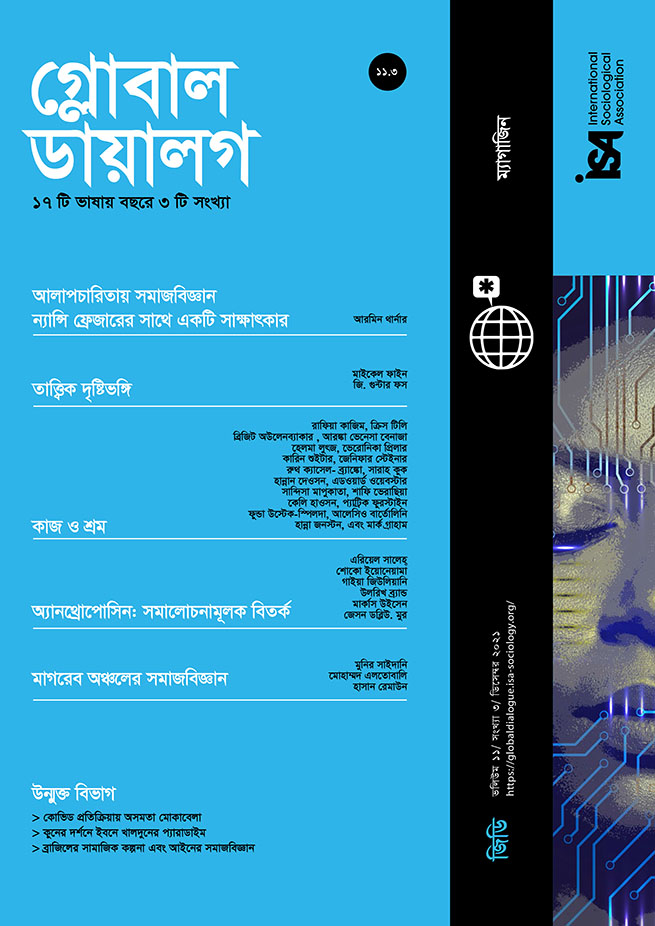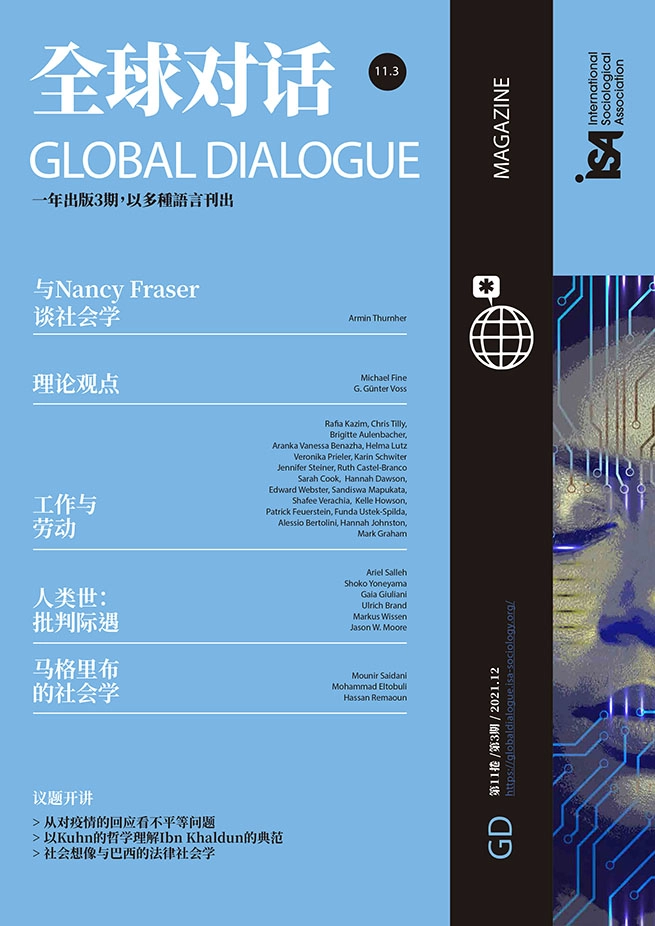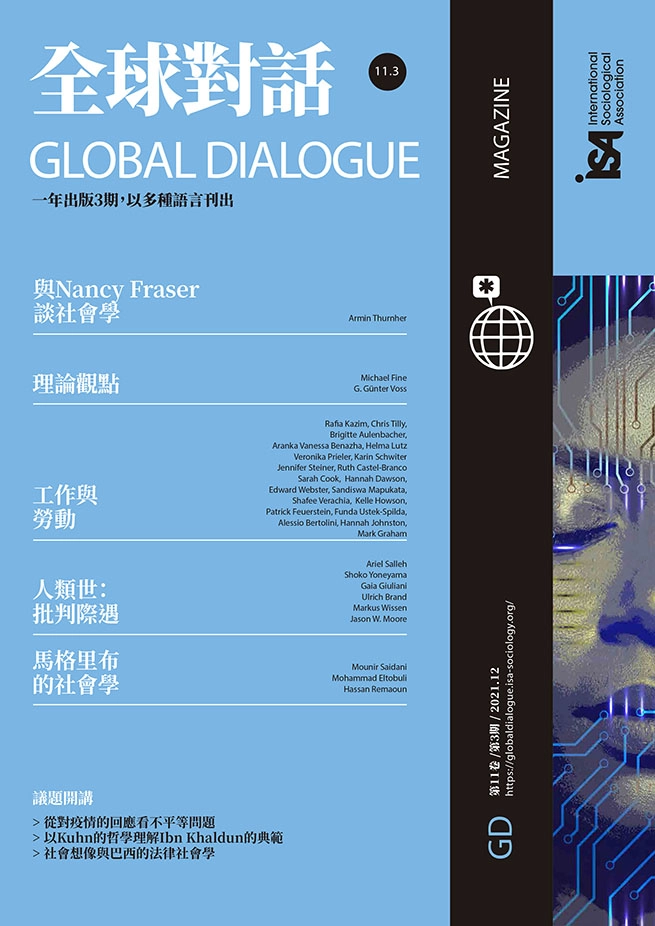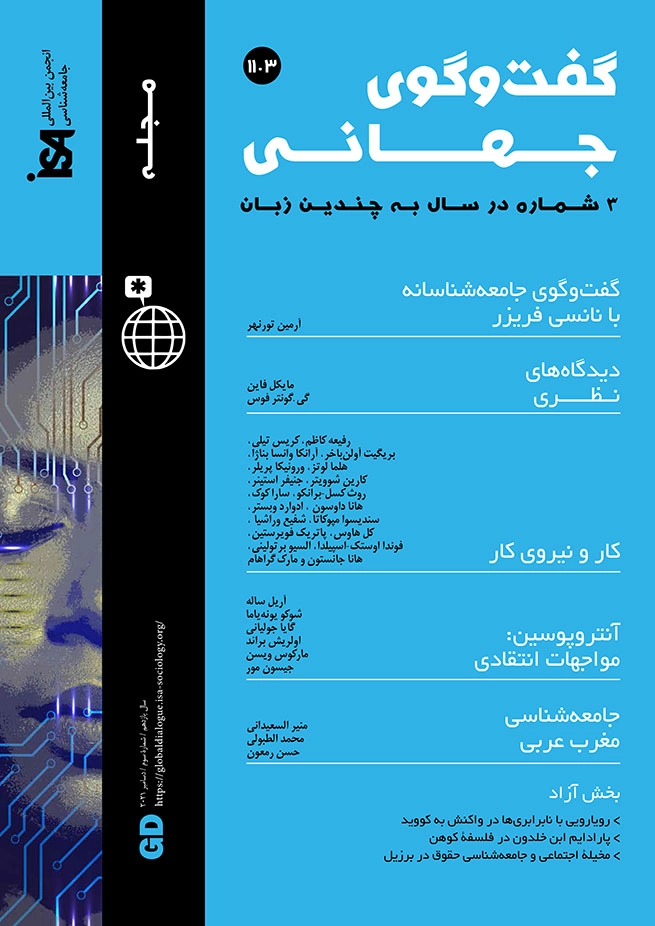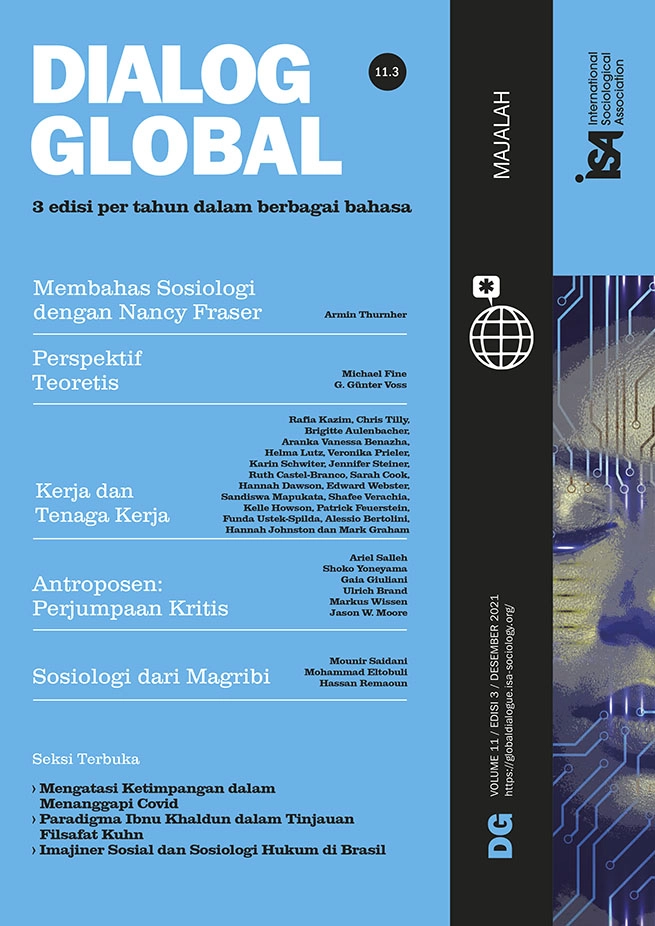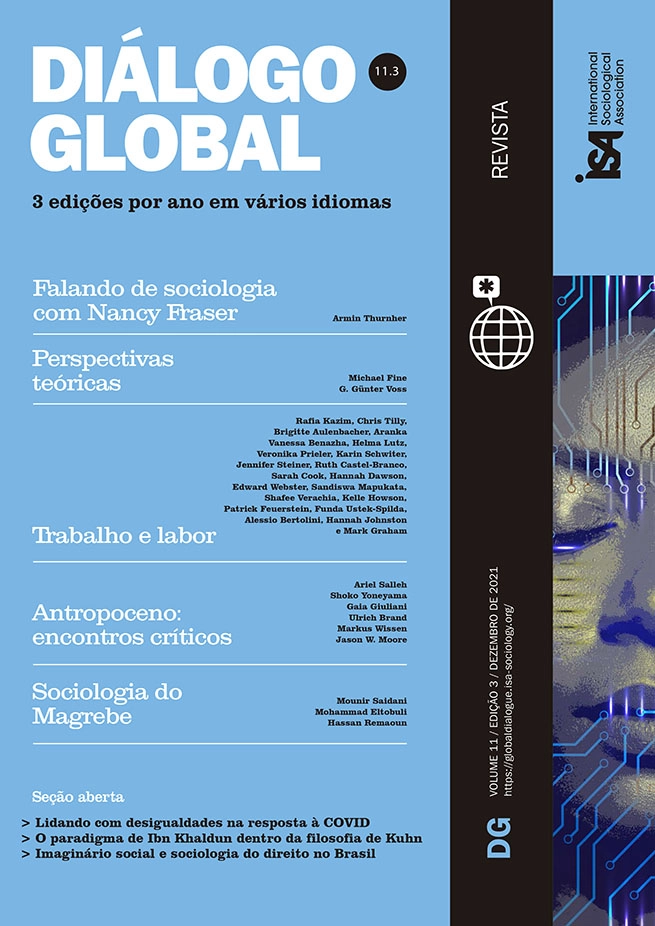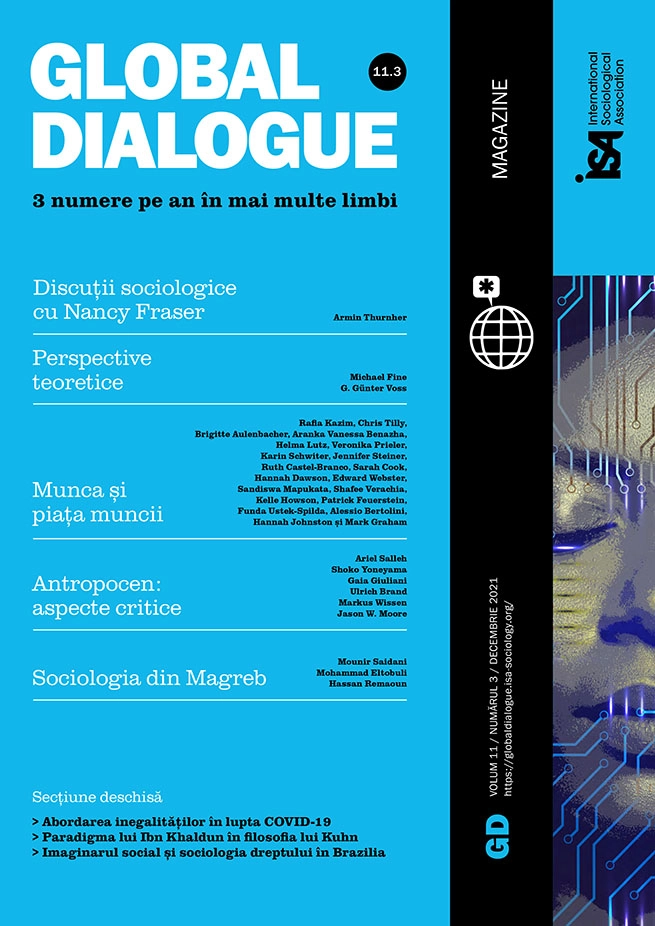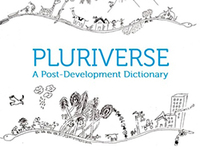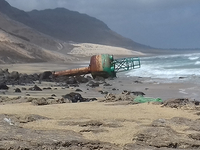The Imperial Mode of Living and Capitalist Hegemony
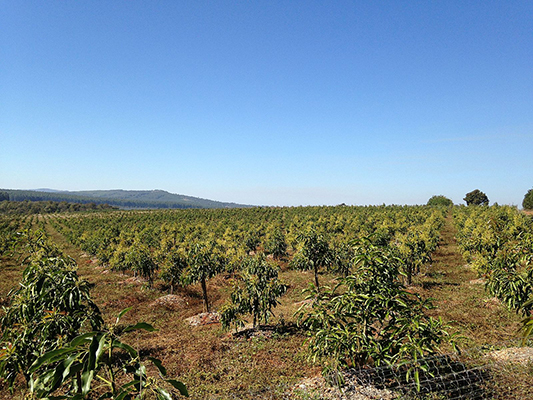
November 05, 2021
Critical social and social scientific thinking has a rich tradition of conceptualizing and concretely analyzing stability, change, and crises in capitalist societies. While mainstream social sciences usually speak of problems (to be solved) without looking at the root causes of those problems, analyses inspired by critical theory have as their starting point the inherently contradictory and also contested character of social relations. The concept of the “imperial mode of living”[1] aims to grasp some historical and current contradictions with an emphasis on a major challenge of our times: the deepening ecological crisis and its relationship to globalizing capitalism.
The deeply rooted patterns of production and consumption, which dominate above all in the early industrialized capitalist societies, presuppose a disproportionate access to nature and labor power on a global scale. This leads to the destruction of ecosystems, the overstretching of ecological sinks, high unemployment in many countries, and an uneven division of labor which tends to place extra burden on precarious workers, women, and (undocumented) migrants.
One of developed capitalism’s characteristics is its need for a less developed or non-capitalist geographical and social “outside” from which it obtains raw materials and intermediate products, to which it shifts social and ecological burdens, and in which it appropriates both paid labor and unpaid care services. It is exclusionary and exclusive and presupposes an imperialist world order. At the same time, that order is normalized in countless and structured acts of production and consumption, which render its violent character invisible to those who benefit from it.
Hegemony
The socially and ecologically problematic but also attractive fossil-industrialist, i.e., imperial, mode of production and living is broadly accepted, that is, hegemonic in terms of Antonio Gramsci. It creates material wealth (for many in the Global North and some in the Global South), profits and jobs, it is inscribed into dominant discourses (“the need for growth”) and subjectivities (“to have more,” “to get things cheaper”) that are increasingly shaped by digitalization. The exploitation of labor and nature elsewhere is a condition of social compromises between capital and labor. And it takes place in the class, patriarchal, and racialized societies of the Global North itself, where significant social and geographical inequalities exist and have increased in recent decades.
In the Global North, the infrastructures of everyday life in areas such as food, transport, electricity, heat, or telecommunications to a large extent rely on material flows from elsewhere, on the workers who extract the respective resources, and on the ecological sinks on a global scale that absorb emissions produced by the operation of infrastructure systems. Workers in the Global North draw on these systems not just because they consider them to be components of a good life, but because they depend on them. Mostly, it is not an individual choice that makes workers purchase cheap “food from nowhere” (Philip McMichael), drive a car, or light their homes with electricity that is generated by burning fossil fuels. Rather, they have to do so in order to nourish their families, to get to work, or because the utility does not offer renewable alternatives since in many countries renewable energy has been offered at a higher price so far. Thus, workers are forced into the imperial mode of living simply because the latter is materialized and institutionalized in many of the life-sustaining systems of the Global North.
North-South relations
The imperial mode of living implies a hierarchy on a global scale: Since the onset of colonialism, the working and living conditions in the economies of the Global South, with their predominant forms of resource extraction and industrial or service production, have been largely geared to the economic needs of the capitalist centers. Domestic class, gendered, sexed, and racialized relations are not exclusively, but essentially, oriented towards these needs.
The concept of an imperial mode of living therefore aims to show and explain how domination, power, and violence are normalized in neocolonial North-South relations, in class and gender relations, and by racialized relations in the practices of consumption and production, so that they are no longer perceived as such. Many women, in particular racialized women, are placed at lower rungs in the division of labor, and their labor and also their bodies are more exploited; there is a tendency towards a feminization of poverty. This mode of living is not only deepened but also geographically expanded into the countries of the capitalist semi-periphery.
The current global constellation, including its historical formation, has both productive and destructive characteristics, it is shaped by uneven developments and interdependencies, crisis tendencies, and the stabilizing aspects of the imperial mode of living, that is, its crisis deepening aspects that – at the same time – are part of dealing with the crisis.
A prominent example of this contradictory dynamic is the current enormous effort to replace the combustion engine of cars with the electric engine. The economic, political, and scientific protagonists of this strategy promise that it will deal effectively with the climate crisis (the transport sector is still a main contributor to greenhouse gas emissions). Actually however, electric cars hardly contribute to overcoming the socio-environmental problems caused by automobility. The raw material dependency will merely be shifted from fossil to metallic resources, a boom in electric cars will result in devastated landscapes in mining areas mainly in the Global South, and the domination of urban and rural spaces by cars at the expense of bikes, pedestrians, and public transport will remain.
The “Green Economy,” of which electro-automobility is an outstanding symbol, promises a high return on investment, jobs, and a mitigation of the ecological crisis. In doing so it remains in the corridor of an ecological modernization which does not question the foundations of the capitalist mode of production and living. A green capitalist formation in which green economy strategies like the European Green Deal might result could contribute to processing the socio-ecological contradictions that have become ever more manifest in recent years. But it will do so in a spatially exclusive and temporally limited manner that continues to produce social and environmental costs and to externalize them in space and time.
A heuristic to be discussed
The heuristic of “the imperial mode of living” draws on a diverse and rich intellectual tradition not only from the Global North but also from the Global South. Latin American forms of critical thinking, visible among other things in contributions to dependency theory or political ecology and in concepts such as “structural heterogeneity,” “caudillismo,” the “coloniality of power” (developed by the Peruvian sociologist Aníbal Quijano), or the “coloniality of knowledge” (suggested by Edgardo Lander) are particularly worthwhile mentioning here.
Continuing the dialogue among these approaches and further applying them in empirical research will further enhance our understanding of the imperial mode of living and its increasing contradictions. Even more important, it will help to detect the alternatives that emerge when ruptures occur and supposed normalities are not considered normal any longer, and thus to excavate the potentials and contours of a solidary mode of living.
[1] Brand, U. and Wissen M. (2021) The Imperial Mode of Living. Everyday Life and the Ecological Crisis of Capitalism. London: Verso.
Ulrich Brand, University of Vienna, Austria <ulrich.brand@univie.ac.at>
Markus Wissen, Berlin School of Economics and Law, Germany <markus.wissen@hwr-berlin.de>


